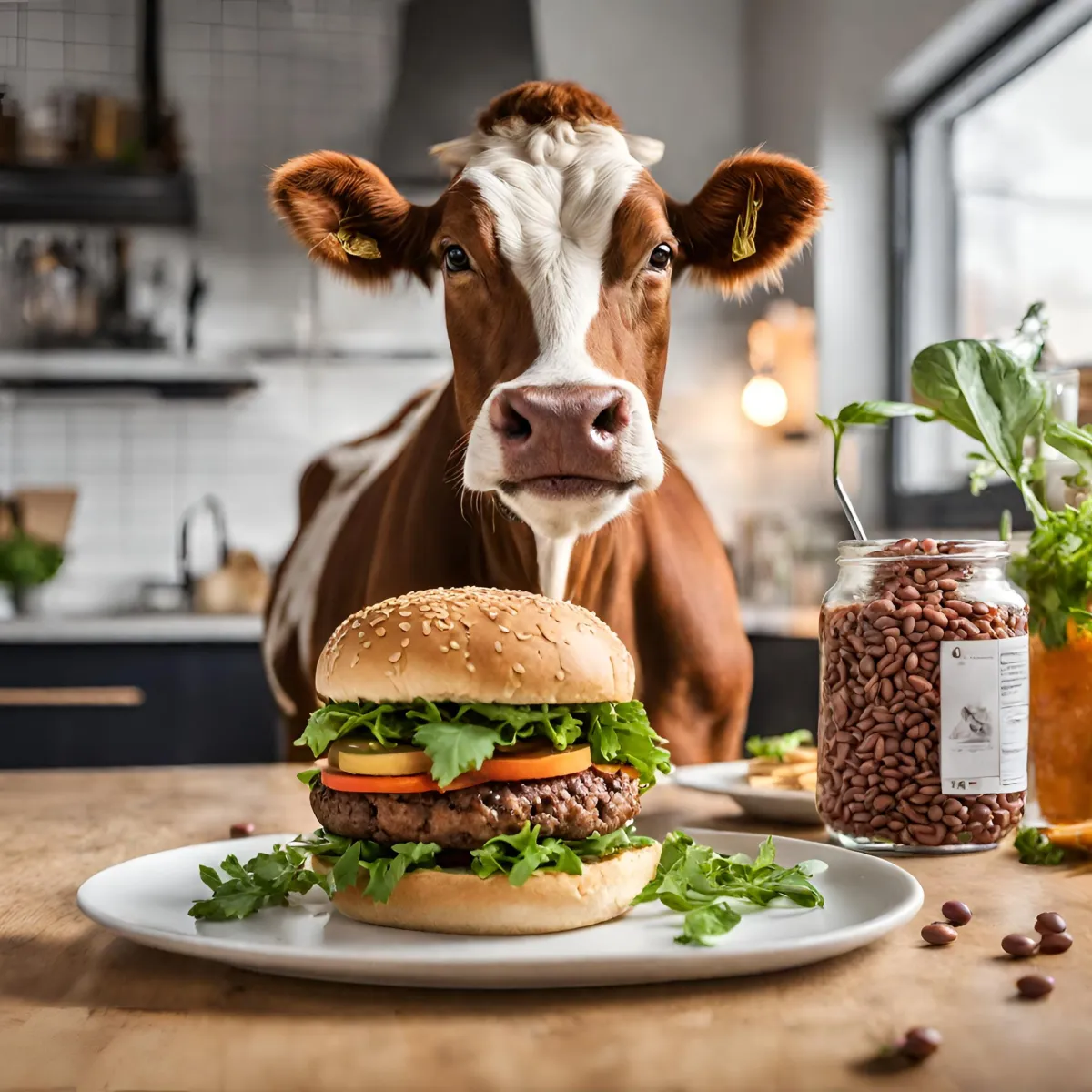
CKD - Do I HAVE TO go Vegan?
Do you have to go vegan? NO. Only if you want to.
Can you have those foods they told you not to? Yes.
It’s easier for doctors or others to simply say “Don’t eat that” or "Go vegan" than it is for them to show you how to make it work for your specific situation.
But the truth is, you don’t have to eliminate your favorite foods or completely change your entire way of eating; you just need to know how to manage your diet using the foods you love.
👉Here’s how you can enjoy those foods (like meats and dairy): If, for example, your phosphorus limit is 900 mg for the day, you can have any food containing phosphorus—meats, dairy, etc.—until you’ve consumed your 900 mg. That means if you want that steak for dinner, you’ve got it.
(watch here for a thorough explanation)
This is all about understanding your unique restriction numbers, breaking them down, and knowing how much you can safely consume per meal and snacks. Your nutrient limits will guide us on how much bacon 🥓 we can enjoy at breakfast, how much taco meat 🌮 we can load into our shells at dinner, and how much cheese 🧀 we can sprinkle on top of our favorite dishes.
Here’s the real kicker: if a plant-based (or plant-forward) diet isn’t executed correctly, you can end up with low B vitamins, iron deficiencies, and, in serious cases, speed up progression toward earlier dialysis and worse outcomes. So, while a plant-based diet can be great, it’s important to make sure it's done right for your body and your CKD needs.
Once you understand your limits, you can start enjoying a variety of foods without feeling restricted. It’s about managing your CKD diet, not avoiding everything you love!
🐮Oh! and about that animal vs plant thing🌿...
Here’s the truth: protein is protein, no matter the source—whether it’s from meat, dairy, beans, or tofu. The key is understanding how much of it you can safely have based on your individual needs.
🤦♂️Many people are told that plant protein is easier to digest than animal protein, but that’s simply not true. The digestive process for protein—whether from animals or plants—works the same way: your body breaks it down into amino acids, which are used for muscle building and overall health. What’s important to understand is that both animal and plant proteins can be easily digested when the body is functioning well. The difference isn’t in the digestion; it’s about how much of each protein your body needs and how much you can safely consume based on your specific health needs, like kidney function.
⚛️When you eat protein, your body breaks it down into amino acids to use for various functions like muscle building, immune support, and organ repair. Your digestive system is designed to break down all types of proteins, whether they’re from animals or plants.
The body doesn’t get "confused" by the protein sources—it simply breaks it down like any other protein.
What can make a protein harder to digest isn’t whether it’s complete or incomplete, but rather factors like how it’s prepared, the portion size, and how well your digestive system is functioning. For example, a very large portion of steak might feel harder to digest simply because of the volume, not because it’s a complete protein.
💎In short, it's not about digestion—it's about understanding your protein needs and how to manage them to support your kidney health!
Moo
